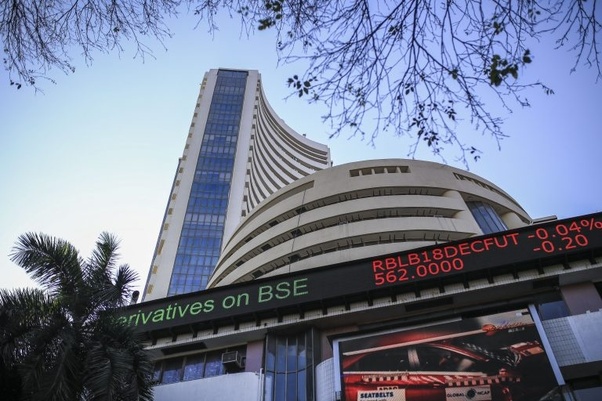The Bombay stock exchange (BSE) Establish in 1875, is not only the oldest but also the fastest stock exchange in India. Over the years, it has played a pivotal role in shaping India’s financial landscape. The bse has emerged as an emblem of reliability and progress, drawing the interest of investors from both within the country and abroad. Renowned for its sturdy and effective trading platform, the BSE presents a multitude of investment prospects to its investors. Its offering encompasses a varied selection of financial instruments such as equities, derivatives, mutual funds, and bonds.
Trading Mechanism
BSE operates on an electronic trading system known as BOLT (best online trading) platform. This advanced system facilitates efficient and real-time trading, ensuring seamless transactions for market participants. The Bolt platform has undergone several upgrades over the years, incorporating modern technologies to enhance trading speed and accuracy.
Indices
Two of the most widely tracked stock market indices in India, the Sensex and the Nifty, are based on the performance of the stocks listed on the BSE. The Sensex comprises 30 large and well-established companies across various sectors, representing the overall market sentiments. On the other hand, the Nifty is the benchmark index of the National Stock Exchange (NSE) but includes stocks listed on both BSE and the NSE.
Listing Requirements
Companies seeking to list on the BSE must comply with stringent requirements by the exchange. These requirements ensure that listed companies meet specific financial and governance Standards. The BSE’s listing regulations promote transparency, accountability, and investor protection. By maintaining strict listing criteria, BSE safeguards the interest of investors and maintains the integrity of the market.
Regulatory work
The BSE operates under the purview of the Securities and Exchange Board of India (SEBI), the regulatory authority for India’s securities market. SEBI sets the rule and regulations governing stock exchanges, listed companies, and market participants. It plays a crucial role in maintaining market integrity, preventing fraud, and protecting investors’ rights. The regulatory framework established by SEBI ensures fair practices and instils confidence among market participants.
International Recognitions
BSE has gained international recognition as a premier stock exchange. In 2017, It become the first Indian exchange to be listed on its platform. BSE’s strong reputation has attracted foreign investors, further boosting its status as a preferred investment destination. The exchange has also collaborated with international exchanges and regulatory bodies to foster cooperation and share best practices.
Contributing to economic growth.
BSE plays a vital role in India’s economic growth by facilitating capita formulation and investment. Companies listed on the BSE can raise funds through public offerings, enabling them to expand their operations, invest in research and development, and create employment opportunities. The exchange’s efficient trading mechanism, robust infrastructure, and diverse range of listed companies contribute to India’s overall economic development.
Conclusion
The Bombay stock exchange (BSE) has been a pillar of India’s financial market. With its rich history and robust infrastructure, BSE attracts investors. Furthermore, platforms like 5paisa have revolutionized investing, making it accessible and affordable, empowering investors to participate in the BSE, and shaping their financial futures.

